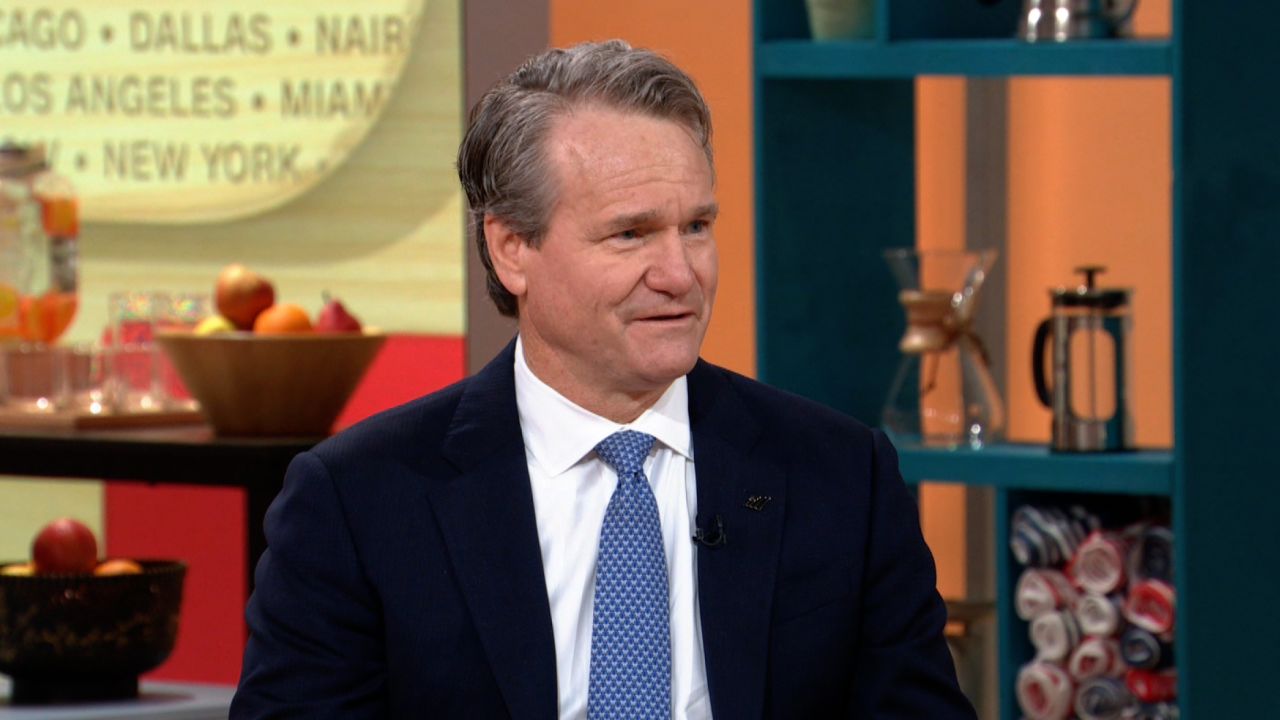Kraken, the third-largest crypto exchange in the world, will lay off about 30% of its staff, or 1,100 people, the company announced Wednesday.
Kraken CEO Jesse Powell said in a blog post that the company was adapting to “current market conditions.” The layoffs, he said, were necessary steps in the company’s attempt to “weather crypto winter.”
The crypto expansion over the past few years meant Kraken “had to grow fast, more than tripling our workforce,” Powell wrote. This year “macroeconomic and geopolitical factors have weighed on financial markets,” and severely limited that demand.
“I remain extremely bullish on crypto and Kraken,” Powell added.
Crypto exchanges have been experiencing more regulatory scrutiny and withdrawals since Sam Bankman-Fried’s FTX fell apart and filed for bankruptcy earlier this month.
The lending arm of crypto brokerage Genesis suspended redemptions and new loan originations earlier this month after an “abnormal” number of withdrawal requests that exceeded its current liquidity, citing market turmoil from the failure of FTX.
Bitfront, a crypto exchange backed by Japanese social media app Line, announced it would shut Tuesday down after failing to overcome turmoil in the industry.
The company said it had been unable “to overcome the challenges in this rapidly-evolving industry,” but distanced its decision from the implosion of FTX.
“Please note that this decision… is unrelated to recent issues related to certain exchanges that have been accused of misconduct,” it added.
Prices of digital currencies have plummeted. Bitcoin, the world’s biggest cryptocurrency, has fallen about 65% so far this year. It was trading at about $16,828 on Wednesday afternoon, according to CoinDesk.
























